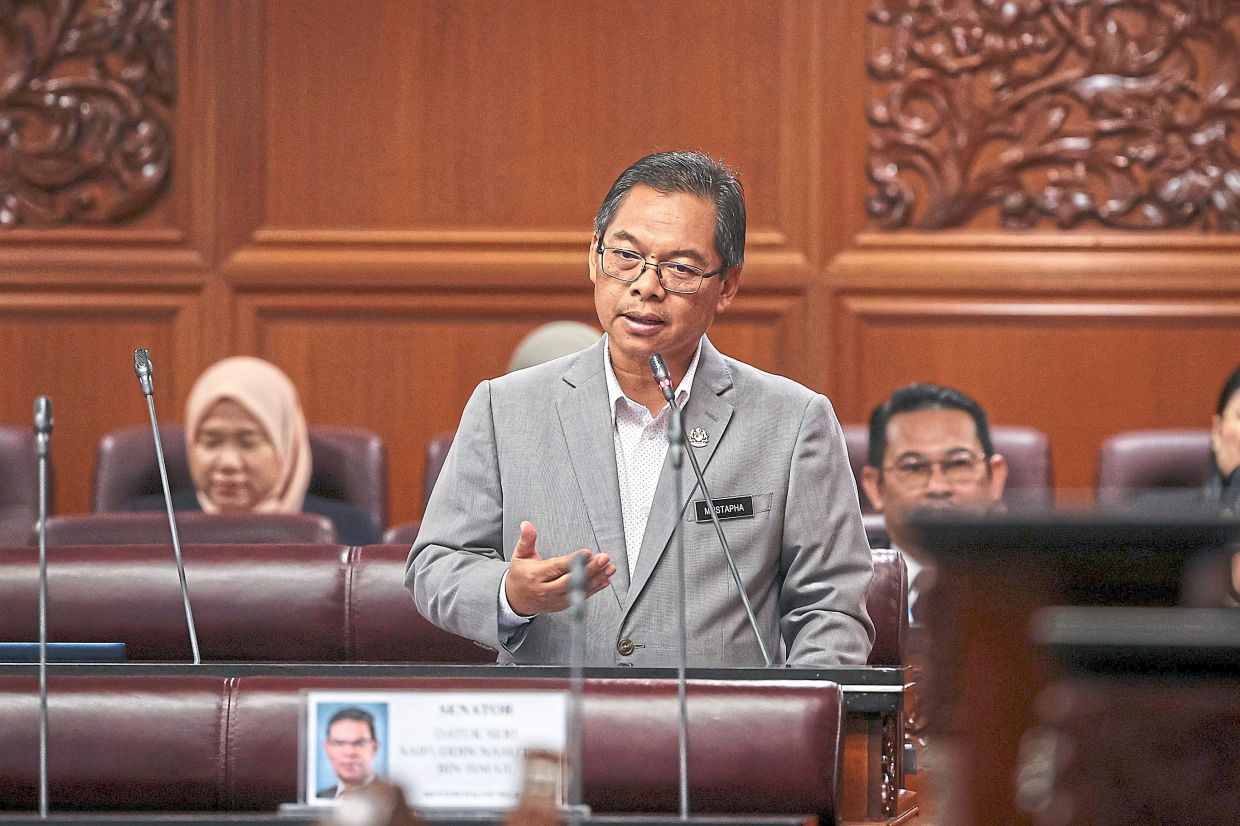PETALING JAYA: The potential effects of restrictions on artificial intelligence (AI) chip exports from the United States remain uncertain as analysts are offering differing views, says the National AI Office (NAIO).
A spokesman said many aspects, including the referenced “US standards”, remain unclear.
He said the specifics of the blockade are still vague and require thorough consideration by the Malaysian government.
“Nevertheless, Malaysia continues to explore all opportunities with AI, in line with its national roadmap.
“We are mindful that (the) United States is an important strategic partner to Malaysia, and we have an excellent relationship with them,” he said when contacted by The Star.
He said NAIO would continue working closely with counterparts in the United States and local offices to address the matter.
Last week, reports surfaced about US President Joe Biden’s plan to restrict the export of AI chips, citing efforts to prevent advanced technologies from being used by adversaries.
Under this initiative, the United States plans to implement three tiers of export restrictions.
The first tier grants full access to US-made chips to 18 allies and friendly nations, while imposing new limitations, such as caps on computing power, on other countries.
For Tier Two countries, including Malaysia and most other nations, the cap on computing power is set at about 50,000 graphics processing units from 2025 to 2027.
Companies in these nations might circumvent these caps by obtaining a validated end-user designation, provided they meet US security standards – covering physical, cyber and personnel concerns – and human rights.
Countries in the third tier will be entirely barred from receiving US chip exports under the new rules. Countries in this category include China and any nation with a US arms embargo.
An expert said if implemented, the AI chip trade restriction could pose a significant challenge to the Malaysian tech industry.
Dr Arumugam G. Sithamparam, a senior lecturer at the Asia-Pacific University of Technology and Innovation, said this may hinder data centres in supporting advanced AI workloads and maintaining market standing.
Arumugam, who is also a referral expert to the 15th Parliamentary Special Select Committee on Finance and Economy, said the move would hinder Malaysia’s goal to become a leader in the global semiconductor and data centre sectors.
“Meeting US security and human rights standards could open up possibilities for Malaysia to enhance its position within the semiconductor supply chain and forge closer connections with prominent US technology companies.
“In the dynamically changing global landscape, Malaysia must navigate these restrictions with caution to reconcile its economic ambitions with adherence to US regulations,” he said, while highlighting the recent rise in data centre investment in the country.










































